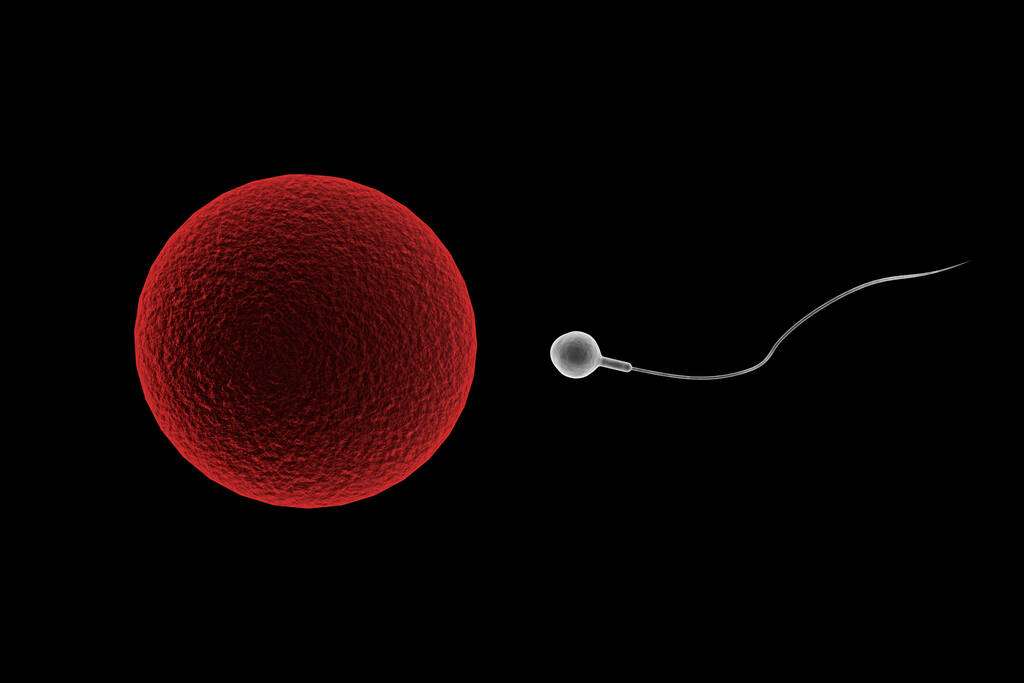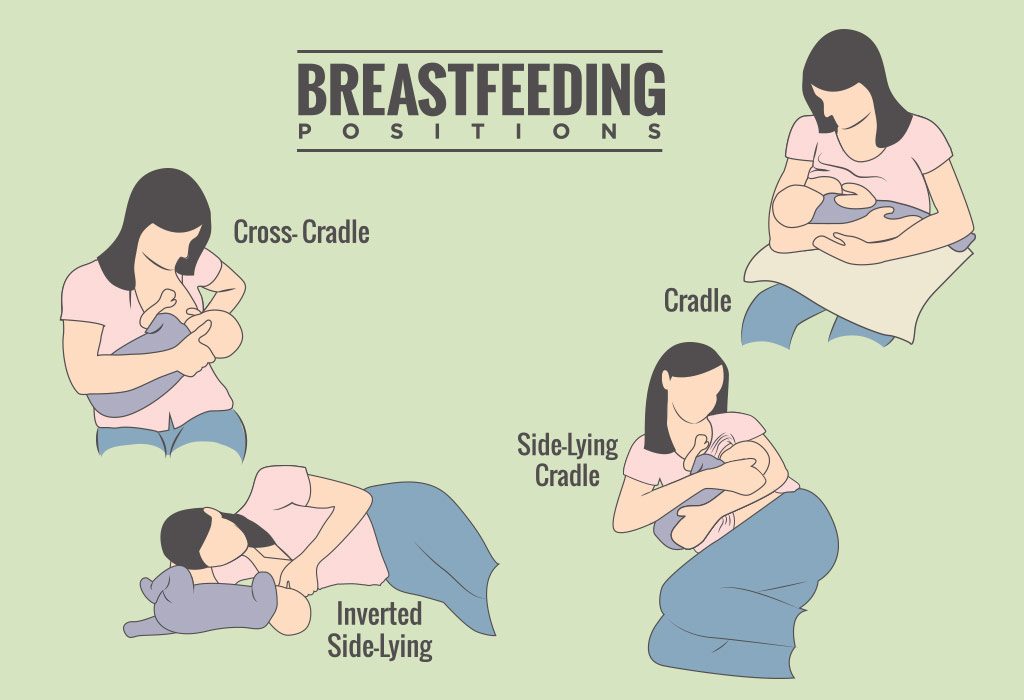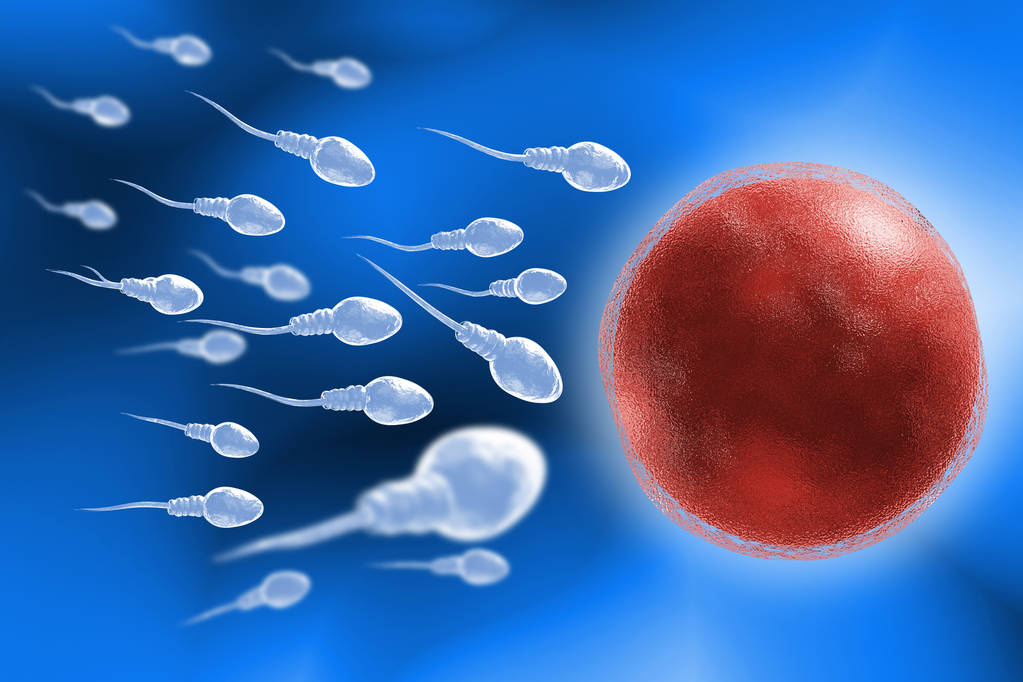Understanding Miscarriage: A Gentle Guide
Pregnancy is often described as a time of joy and anticipation, but for some, it can also involve unexpected challenges. Miscarriage, the loss of a pregnancy before the 20th week, is a topic that, while sensitive, is important to discuss openly. In this gentle guide, we’ll explore what miscarriage means, common reasons it may happen, the emotional impact on individuals and couples, and ways to navigate through the difficult process of healing.
What is a miscarriage?
Miscarriage is the loss of a pregnancy that occurs before the fetus is able to survive outside the womb, typically within the first 20 weeks. It is a natural and unfortunately common part of early pregnancy, affecting about 10-20% of known pregnancies.
Common Causes:
Several factors can contribute to a miscarriage, and often it is challenging to pinpoint a single cause. Chromosomal abnormalities, where the chromosomes of the embryo are not forming correctly, are a leading cause. Other factors include hormonal imbalances, uterine issues, maternal health conditions, and lifestyle factors.
Signs and symptoms:
The signs of a miscarriage can vary, but common symptoms include vaginal bleeding, cramping, and the passing of tissue. It’s essential for anyone experiencing these symptoms to seek medical attention promptly. However, not all bleeding or discomfort leads to a miscarriage, and healthcare providers can assess the situation through examinations and tests.
The Emotional Impact:
Experiencing a miscarriage can be emotionally challenging for individuals and couples. It is entirely normal to feel a range of emotions, including sadness, grief, guilt, and even anger. The depth and duration of these emotions can vary from person to person, and there is no “right” or “wrong” way to feel.
Communication and Support:
During such a difficult time, open communication is vital. Couples should feel encouraged to share their emotions with each other and seek support from friends, family, or professionals. It’s okay to grieve and to express the pain that comes with the loss. Support groups and counseling services are available to provide a safe space for individuals and couples to navigate through their feelings.
The Importance of Self-Care:
Taking care of oneself physically and emotionally is crucial during the healing process. This might involve giving oneself time to grieve, getting adequate rest, and engaging in activities that bring comfort. Recognizing the need for self-care is not a sign of weakness but rather an essential part of the healing journey.
Trying Again:
For those who have experienced a miscarriage and wish to try again for a baby, it’s important to consult with healthcare providers. In many cases, couples can have successful pregnancies after a miscarriage. Understanding any underlying causes and addressing them with the guidance of medical professionals is a positive step forward.
Cultural and Personal Perspectives:
Cultural and personal beliefs play a significant role in how individuals and communities perceive and respond to miscarriage. Some cultures may have specific rituals or ceremonies to acknowledge and honor the loss, while others may approach it more privately. Understanding and respecting diverse perspectives can contribute to a more supportive and empathetic environment.
Breaking the Silence:
Miscarriage has historically been a topic shrouded in silence and stigma. However, breaking this silence is essential for fostering understanding, empathy, and support. Talking openly about miscarriage helps reduce feelings of isolation and shame that some individuals may experience. It is a step towards creating a more compassionate and inclusive dialogue around pregnancy loss.
Supporting Each Other:
Friends and family can play a crucial role in supporting those who have experienced a miscarriage. Simply offering a listening ear, expressing condolences, or providing practical assistance can make a significant difference. It’s essential to approach the topic with sensitivity and avoid offering unsolicited advice or making assumptions about how someone should cope.
Professional Guidance:
Seeking the guidance of healthcare professionals during and after a miscarriage is vital. They can provide necessary medical care, offer emotional support, and help individuals and couples understand any potential risks or considerations for future pregnancies.
Moving Forward:
Moving forward after a miscarriage is a gradual and personal process. There is no set timeline for healing, and individuals may find solace in different ways. Some may choose to memorialize the baby in a way that feels meaningful to them, while others may find comfort in focusing on the future.
Conclusion:
Understanding miscarriage is an important step towards supporting those who have experienced this loss. It’s a journey that involves acknowledging the pain, seeking support, and allowing oneself the time and space to heal. By breaking the silence and fostering open conversations, we can contribute to a more empathetic and compassionate community that recognizes the complexities of pregnancy and pregnancy loss. Whether you have experienced a miscarriage or are supporting someone who has, remember that you are not alone, and there is support available to help navigate through the emotional journey of healing.












